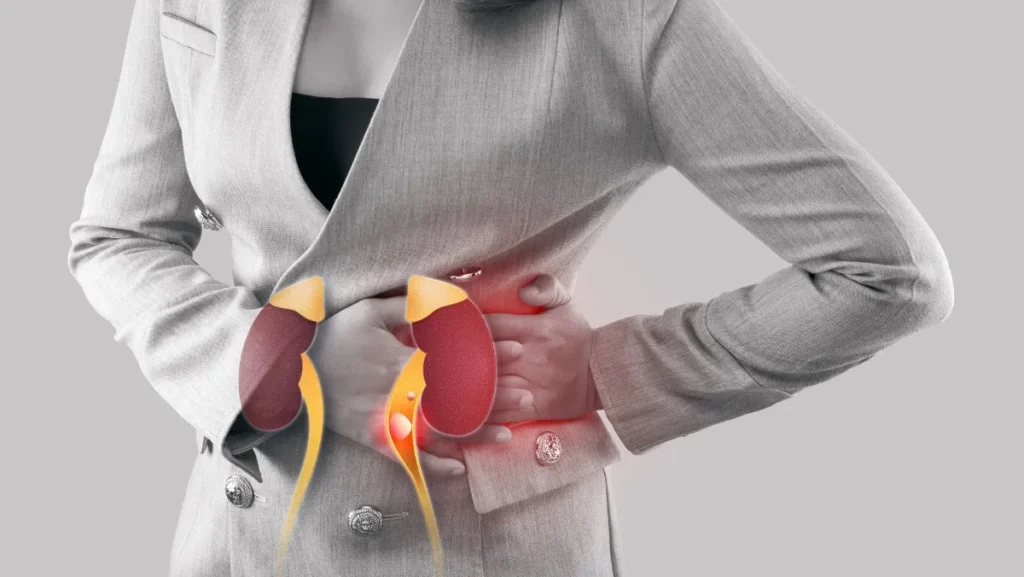
kidney Transplant in India
Kidney Transplant in India: Learn about costs, donor options, and top hospitals for kidney transplants.

AKI is classified into three stages based on the severity of kidney function loss. Stage 1 is mild, with a slight increase in creatinine levels. Stage 2 indicates moderate kidney damage, while Stage 3 is the most severe, often requiring dialysis.
Yes, many people recover from acute kidney injury, especially with early treatment. However, recovery depends on the cause and how quickly treatment is started. In some cases, AKI can lead to chronic kidney disease if not addressed.
Acute kidney injury is caused by various factors, including reduced blood flow to the kidneys, direct kidney damage from toxins or medications, and urinary obstructions like kidney stones. Dehydration, infections, and certain medical conditions also increase the risk.
In most cases, AKI is reversible, especially if treated early. The kidneys can recover once the underlying cause is resolved. However, severe or untreated AKI can lead to permanent kidney damage or chronic kidney disease.
Recovery time from acute kidney injury (AKI) can vary depending on the severity and underlying cause. Mild cases may resolve within a few days to weeks with proper treatment, while more severe cases could take several months. In some instances, full recovery may not be possible, and ongoing treatment or dialysis might be required.
Medically reviewed by Reema Patel, MPA, PA-C — Written by Rebecca Joy Stanborough, MFA — Updated on August 31, 2022


Kidney Transplant in India: Learn about costs, donor options, and top hospitals for kidney transplants.

Chronic Kidney Disease in India: Causes, prevalence, and managing options to live a healthier life.

Best Kidney Stone Hospital in Chennai: Find top specialists and advanced treatments for quick recovery.